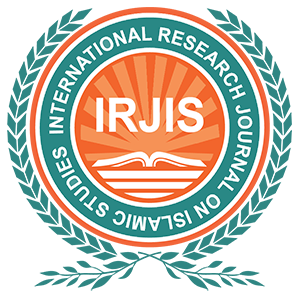Abstract:
The modern thinkers of the holy Qurʼān hold the view that the holy Qurʼān was sent down to the earth in a context which drive the interpreters to contextualize the Qurʼānic message from time to time to find out its relevance to the changing demands of a particular age. Islamic Modernism was a movement initiated for the reconciliation of Islamic principles with the emerging modern trends and continuously changing scenarios. The developments in the contemporary era demand the understanding of the broader perspectives and concerns of the holy Qurʼān to elucidate the universality of the Qurʼānic message. In Islamic legislation, Ijtihād plays a central role, and it is the basic tool for religious re-interpretation of contextual issues. It is an essential means for providing a balance between text and context by maintaining a harmony between reason and revelation. Throughout the modern period, there were calls to revive the Islamic tradition of Ijtihād and the contextual interpretation of Qur’ānic verses. In this regard, this research study will discuss the conceptual framework of Ijtihād and Ijtihād in a contemporary context. The views of several renowned early modernist and neo-modernist scholars about the Islamic tradition of Ijtihād will be highlighted to understand how the contextual approach to Qurʼānic interpretation has reawakened the Islamic tradition of Ijtihād.
Keywords: Contextual Approach, Ijtihād, Qur’anic Exegesis, Neo-Modernization, Human Rights

